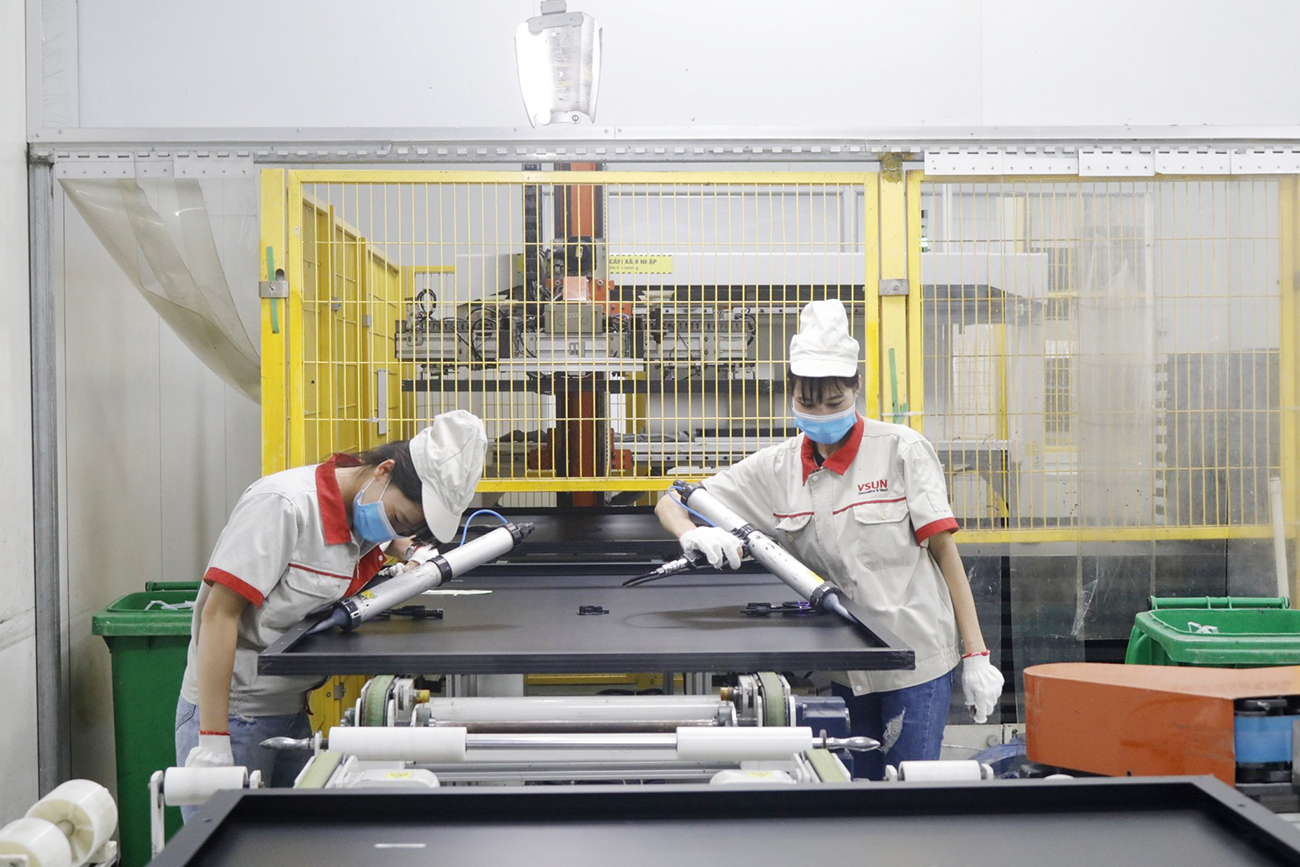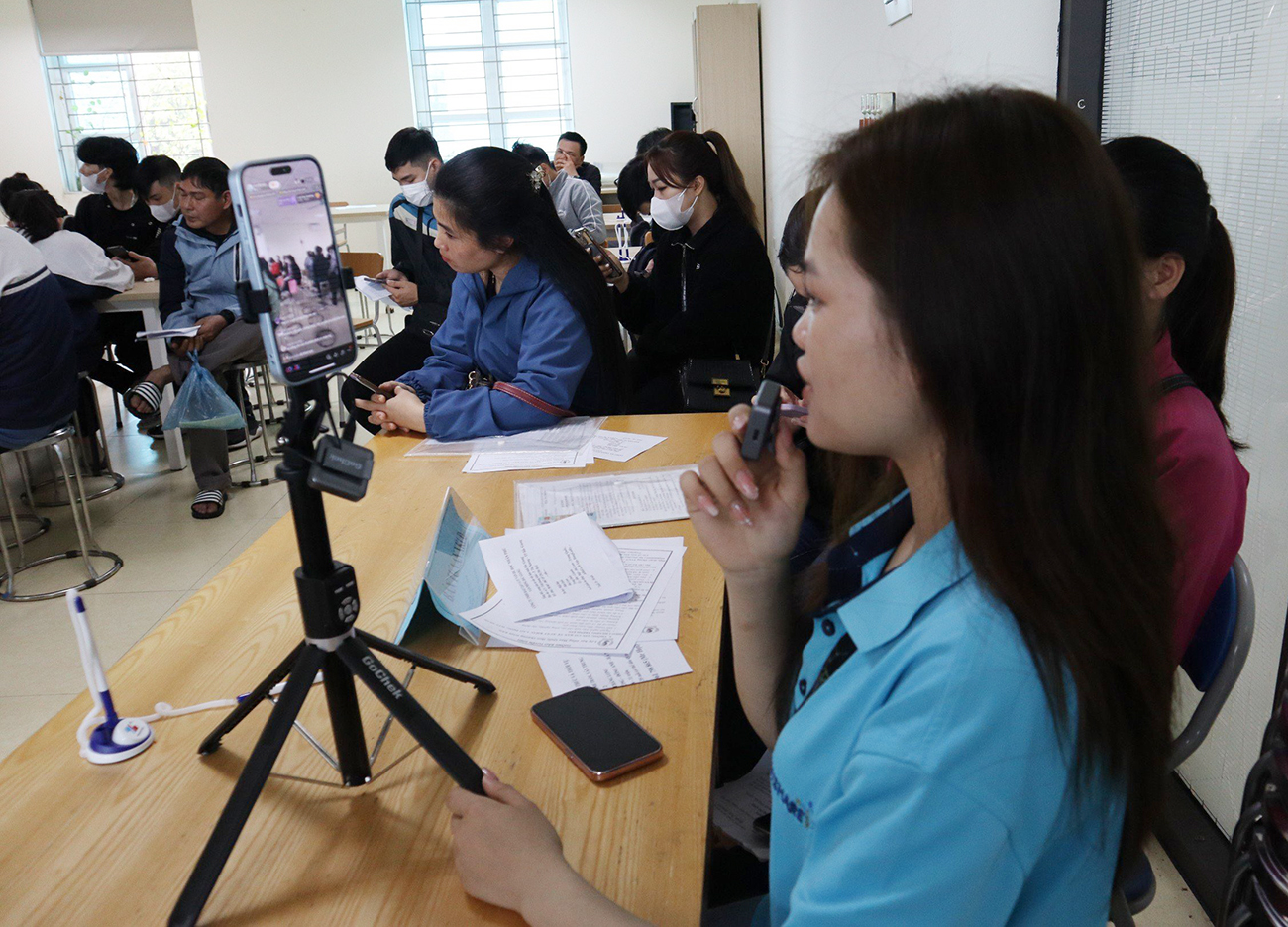
Currently, Bac Giang province has a population of about 2 million people, including about 1.1 million workers of working age. In the province, there are 01 university, 05 vocational colleges, 06 vocational secondary schools and 25 vocational education centers and establishments. By the end of 2023, the rate of trained workers in the province reached 76%, the rate of workers with degrees and certificates reached 33% (5.5% higher than the national average), etc. The Provincial Center For Employment Service has the ability to connect and supply businesses in the province with over 25,000 workers/year.
The whole province has 35 vocational education establishments. The network of vocational training establishments is consolidated, streamlined, operating effectively, and gradually connecting with businesses. Vocational training is gradually associated with labor supply and job creation. Vocational training facilities and equipment are invested in. The rate of trained workers with diplomas and certificates has reached 32%, exceeding the planned target, etc.

Along with planning and developing the network of vocational education institutions, the province directs innovation and strengthens the connection between vocational education and the labor market and creates jobs for pupils and students after training in accordance with the actual situation of the locality. To date, the work of linking vocational education with the labor market and creating jobs has achieved positive results. After graduating from vocational education levels, over 85% of students with primary and continuing training levels have job. 92-95% of students and graduates of college and intermediate levels are recruited by businesses and placed in suitable positions, meeting the position and employment needs of the business.
The Resolution of the 19th Provincial Party Congress identifies improving the quality of vocational training as one of the six development directions of the province for the 2020-2025 term. Bac Giang province considers vocational education and improving the quality of labor resources as a key task and a breakthrough for the province to improve the investment and business environment, create competitive advantages, attract investment, and promote socio-economic development of the province. At the same time, it is a solution to create jobs and increase income for workers.
In the immediate future, the province strives to complete the goals of Plan No. 20-KH/TU set by the end of 2025 with many important targets such as: Enrollment and vocational training for 61.3 thousand people (2.5 thousand people in college; 6.7 thousand people at intermediate level; the rest are elementary and continuing training); the rate of trained workers reaching 80%; the rate of training with diplomas and certificates reaching 35%.
BG





